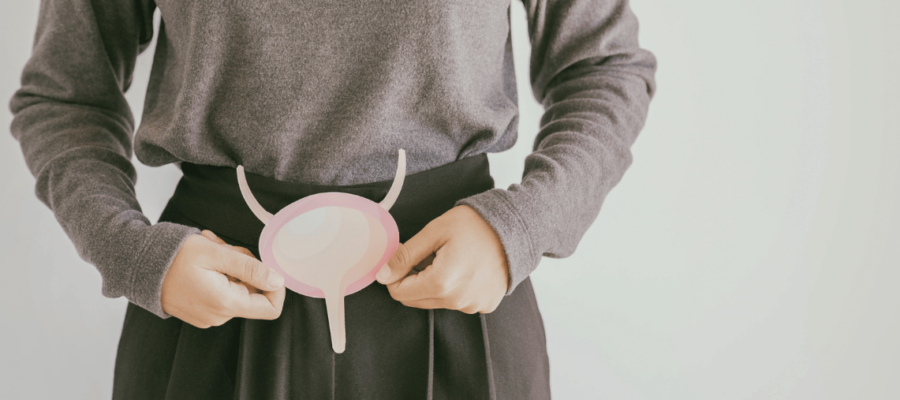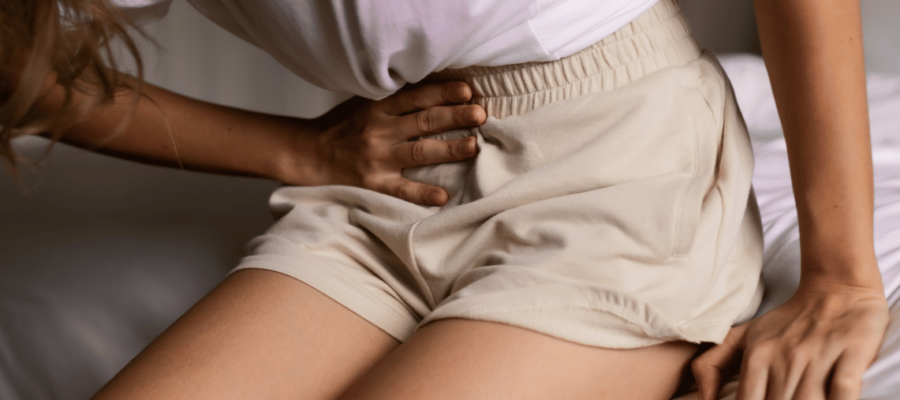Challenge of urinary incontinence: understanding, management, and solutions
Urinary incontinence, though common, is far from “normal” and can have a significant impact on one’s quality of life. Many individuals grapple with the challenges of involuntary urine leakage, facing not only physical discomfort but also emotional stress and embarrassment, which may lead to a decline in self-confidence and a withdrawal from activities they once enjoyed. In severe cases, individuals may even alter their eating and drinking habits to minimize incidents of leakage.
Understanding the types of urinary incontinence
One prevalent form of urinary incontinence is stress incontinence, characterized by the inability to control urine during activities such as coughing, laughing, or exercising. This condition often stems from a weakened bladder sphincter and inadequate support to the urethra, primarily affecting women. Additionally, urge incontinence presents as a strong, sudden need to urinate, while overflow incontinence occurs when the bladder fails to empty completely, resulting in delayed urine release. To manage these issues, many turn to incontinence slips like Dailee, which provide both absorption and odor control, ensuring comfort and confidence throughout the day.
Understanding normal urination patterns
Typically, a healthy individual urinates approximately 5 to 8 times a day with normal fluid intake, a frequency known as micturition. However, some may experience nycturia, or nocturnal urination, especially among the elderly. Conversely, polyuria, or excessive urination, and oliguria, or decreased urination, may indicate underlying health conditions such as diabetes, medication side effects, or pregnancy complications. While urinary incontinence is more prevalent among women, it’s important to dispel the myth that it solely arises from pregnancy, as it can affect individuals of any gender and age.
Addressing the issue: urinary incontinence is not inevitable
Research indicates that urinary incontinence affects a significant portion of the population, with rates increasing with age. Yet, it’s crucial to recognize that experiencing urine leakage is not a normal aspect of aging or life in general. Whether it’s urge incontinence disrupting daily routines or stress incontinence impacting physical activities, various interventions exist to alleviate symptoms. Pelvic floor physiotherapy, for instance, can strengthen pelvic muscles and improve bladder control, enabling individuals to better manage urinary function during various activities. In more severe cases or when specific causes are identified, medical interventions such as medication, surgery, or nerve stimulation may be considered.
















